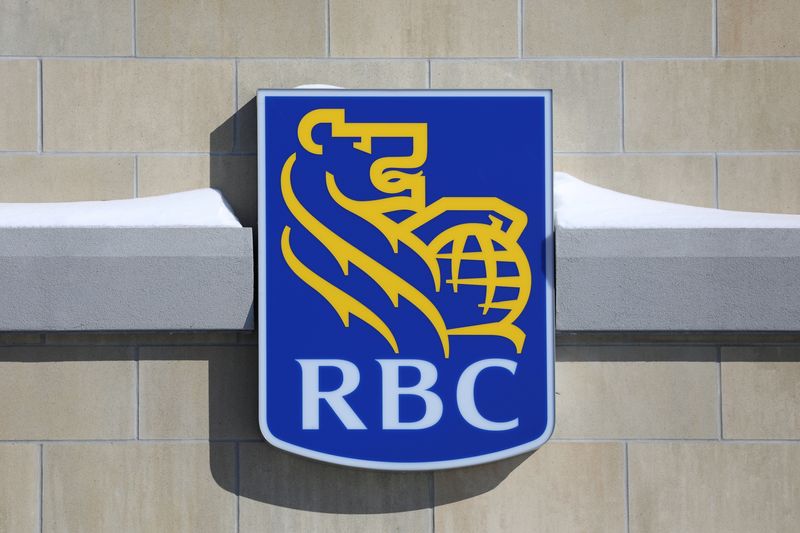The Royal Bank of Canada (TSX:RY) (RBC) recently published a report suggesting that escalating living costs in the country could spur more labor disputes. The report, released on Monday, pointed to high inflation rates, labor shortages due to an aging population, and increasing union influence as key factors contributing to a greater frequency of job actions.
Inflation in Canada is currently at a 40-year high, significantly impacting consumers' purchasing power and leading to changes in spending habits. This economic climate has prompted unions across the country to demand better pay for their members, with labor action becoming a more common negotiation tool.
The call for higher wages has been a recurring theme among labor unions this year as they engage in negotiations and strikes with Canadian employers. Over the past weekend, Ford Motor Co . (NYSE:F)'s workforce ratified a new contract that includes a 15% general wage increase over the next three years.
Additionally, several labor strikes have taken place in recent months. Employees at the Public Service Alliance of Canada, B.C. ports workers, and Metro (TSX:MRU) grocery store employees in Toronto have all initiated strikes before reaching agreements with their respective management teams.
The RBC report suggests these wage-related job actions could potentially prompt other workers and their representatives to take a more assertive stance in their demands. This is particularly likely when workers can absorb significant wage increases before matching up with inflation.
Inflation plays a crucial role in reducing the number of labor disruptions according to the report. Historically, periods of high inflation resulting in decreased purchasing power have led to an increase in work stoppages. As numerous labor contracts are set to expire this year, managing inflation and restoring equilibrium to Canada's labor market will be critical for maintaining stable labor relations.
In August, Canada's inflation rate accelerated to four percent, leading some experts to anticipate another interest rate hike in September.
This article was generated with the support of AI and reviewed by an editor. For more information see our T&C.
